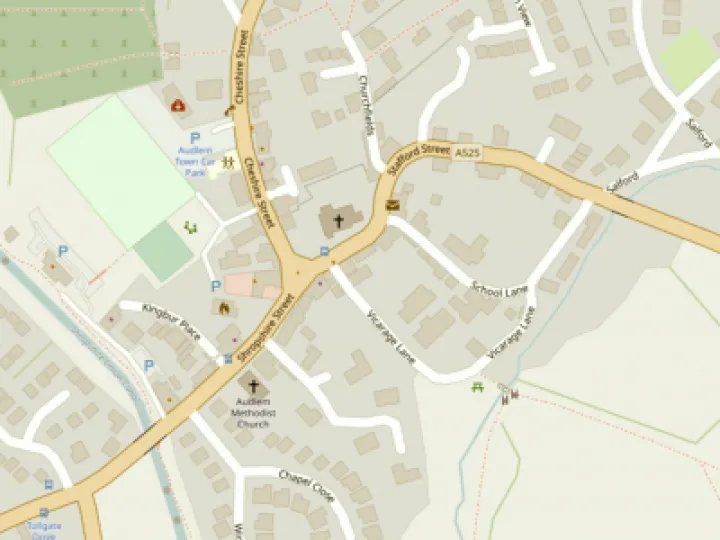







The loss of HMS Lutine
Lutine was a frigate which served in both the French Navy and the Royal Navy. She was launched by the French in 1779. The ship passed to British control in 1793 and was taken into service as HMS Lutine.
In October 1799 she was employed in carrying about £1.2 million in bullion and coin (equivalent in value to £116 million in 2019), from Yarmouth to Cuxhaven in order to provide Hamburg's banks with funds in order to prevent a stock market crash and, possibly, for paying troops in North Holland. In the evening of 9 October 1799, during a heavy north-westerly gale, the ship under Captain Lancelot Skynner, having made unexpected leeway, was drawn by the tidal stream flowing into the Waddenzee, onto a sandbank in Vlie off the island of Terschelling, in the West Frisian Islands. There, she became a total loss. All but one of her approximately 240 passengers and crew perished in the breaking seas.
The gold was insured by Lloyd's of London, which paid the claim in full. The underwriters therefore owned the gold under rights of abandonment and later authorised attempts to salvage it. However, because of the state of war, the Dutch also laid claim to it as a prize of war.
Many attempts have been made to salvage the Lutine treasure, but it is believed that only some 20% of it has so far been recovered,
The Lutine Bell
The ship's bell (engraved "ST. JEAN – 1779") was recovered on 17 July 1858. The bell was found entangled in the chains originally running from the ship's wheel to the rudder, and was originally left in this state before being separated and re-hung from the rostrum of the Underwriting Room at Lloyd's. It weighs 48 kilograms and is 46 centimetres in diameter. It remains a mystery why the name on the bell does not correspond with that of the ship. At Lloyd's the bell was traditionally struck when news of an overdue ship arrived – once for the loss of a ship (i.e. bad news), and twice for her return (i.e. good news). The bell was sounded to ensure that all brokers and underwriters were made aware of the news simultaneously. The bell has developed a crack and the traditional practice of ringing news has ended: the last time it was rung to tell of a lost ship was in 1979 and the last time it was rung to herald the return of an overdue ship was in 1989.
This article is from our news archive. As a result pictures or videos originally associated with it may have been removed and some of the content may no longer be accurate or relevant.
Get In Touch
AudlemOnline is powered by our active community.
Please send us your news and views using the button below:
Email: editor@audlem.org





